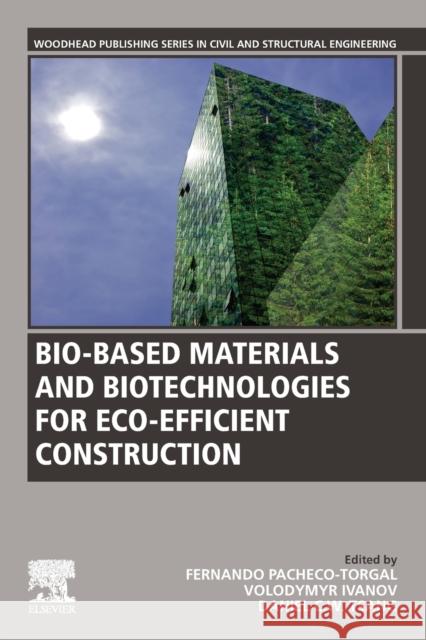Bio-Based Materials and Biotechnologies for Eco-Efficient Construction » książka
topmenu
Bio-Based Materials and Biotechnologies for Eco-Efficient Construction
ISBN-13: 9780128194812 / Angielski / Miękka / 2020 / 630 str.
Kategorie:
Kategorie BISAC:
Wydawca:
Woodhead Publishing
Seria wydawnicza:
Język:
Angielski
ISBN-13:
9780128194812
Rok wydania:
2020
Numer serii:
000904755
Ilość stron:
630
Waga:
0.56 kg
Wymiary:
22.86 x 15.24 x 2.21
Oprawa:
Miękka
Wolumenów:
01
Dodatkowe informacje:
Bibliografia











